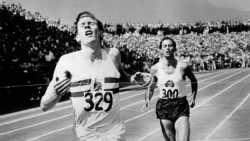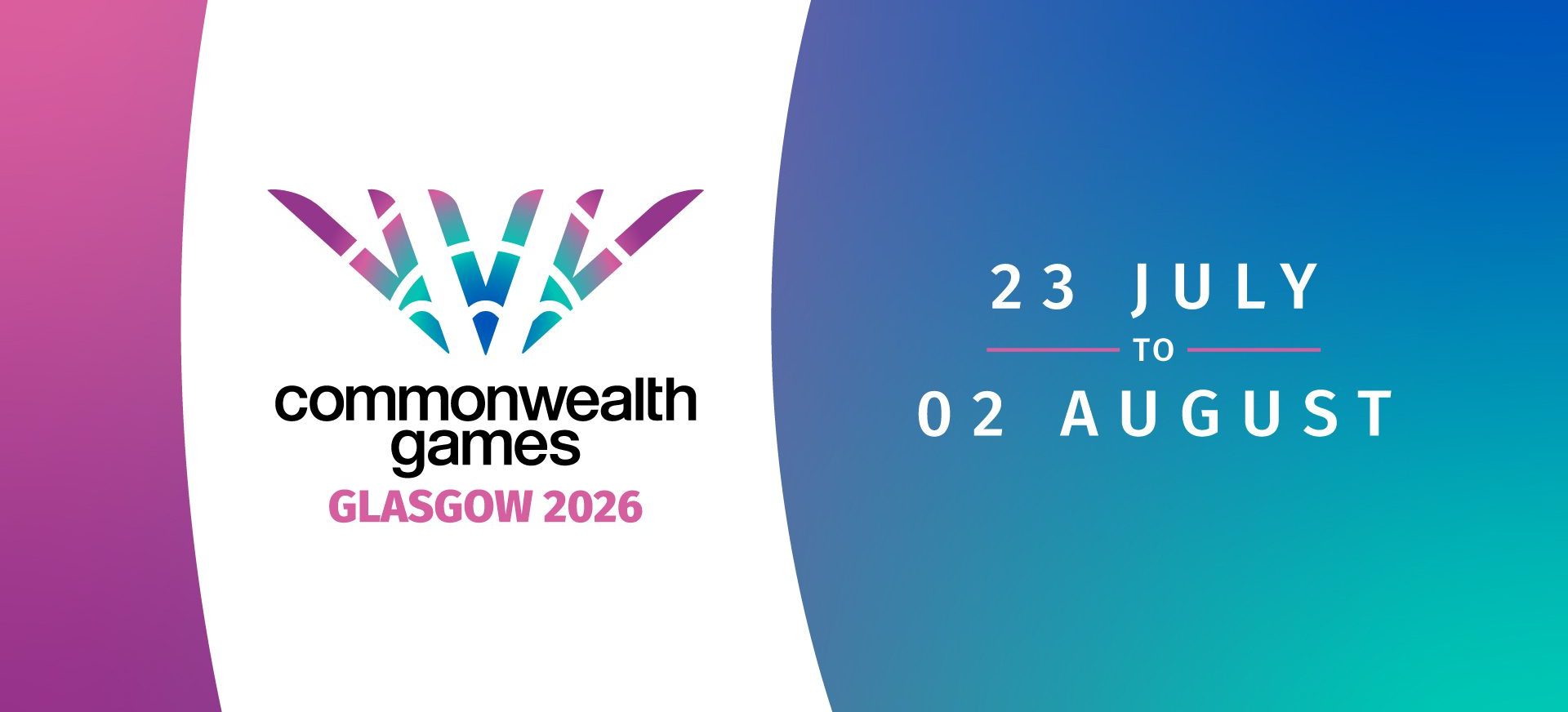Commonwealth Games brings back the Mile: Glasgow 2026

“The magic of the Mile continues to resonate with sports fans. A ticket to watch its Commonwealth final will be one of the must-have seats in Glasgow next year.”
From Glasgow 2026
The Commonwealth Games: Glasgow 2026 will see the return of the Mile to a major championships athletics program. It is a distance that captures the imagination like few others in the sporting world. Its unique history, spectacular performances and iconic races have made it one of the most revered events in athletics.
Amongst the many unforgettable moments in athletics history, the ‘Miracle Mile’ at the 1954 Commonwealth Games in Vancouver, Canada, is one that has become a defining moment in the sport's history.
England’s Roger Bannister and John Landy of Australia—at that time, the only two men in the world to have broken the 4-minute barrier—faced off in a stunning display of athleticism. This race, coming just months after Bannister became the first man in history to run a sub-4 minute Mile, captured the imagination of fans worldwide and is often regarded as one of the most thrilling and iconic events in Commonwealth sporting history.
The Miracle Mile cemented its place in folklore not just for the dramatic rivalry but also for what it represented—the absolute peak of middle-distance running. Today, the magic of that moment still resonates, as the Mile remains an event that showcases the very best of human endurance and spirit.
Despite its roots in athletics history, the Mile is far from a relic of the past. It continues to be a popular and respected event and has seen a resurgence in recent years, thanks in part to the Bring Back the Mile promotional campaign launched in 2012, with athletes across the globe competing in high-profile Mile races on the track and the roads. Notably, the World Athletics Road Mile Championships, which debuted in 2023, marked an exciting new chapter for this iconic race.
As the only non-metric event officially recognized by World Athletics for world records and rankings, the Mile remains a distance that athletes around the world still vie for one of the sport’s most historic achievements—the sub-4 minute Mile.
But the beauty of the Mile is that it’s a comparable distance for runners, joggers and sports fans across the world. Much the same as “how fast can you run 100 meters,” the Mile is an every day metric that millions of people track themselves against every day. Its inclusion in major competitions, such as Glasgow 2026, brings the sports fan one step closer to their heroes.
So why the return?
The reintroduction of a discipline referred to as the ‘Commonwealth Mile’ into the Games program was the brainchild of World Athletics President Sebastian Coe. Agreed for Victoria 2026 before the event’s cancellation, World Athletics and the Commonwealth Games Federation (CGF) have included the race in the program for Glasgow 2026.
Talking about the innovative idea, President Coe said, “The Mile is the quintessential Commonwealth athletics event whose return to the Games in Glasgow 2026 that I very much welcome. The Mile is easy to understand; it is four laps of the track and remains a standard everyday measurement across the Commonwealth.
“From 1930 through to 1966, the Mile was the blue riband event of each Games. The event’s place in international sports lore was secured when Sir Roger Bannister broke the 4 minute barrier in May 1954. Ever since, the world has enjoyed The Miracle Mile, The Golden Mile, The Dream Mile … and countless other similarly dubbed races over the distance.
“The magic of the Mile continues to resonate with sports fans. A ticket to watch its Commonwealth final will be one of the must-have seats in Glasgow next year.”
Athletes from the Commonwealth nations have consistently showcased their prowess in the Mile. Notable performers include Scotland’s Josh Kerr and Laura Muir, Australia’s Cam Myers and Jess Hull, and Kenya’s Faith Kipyegon, who holds the women's Mile world record.
Continue reading at: glasgow2026.com

